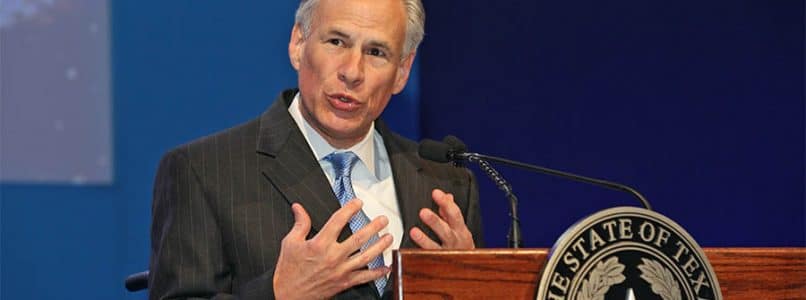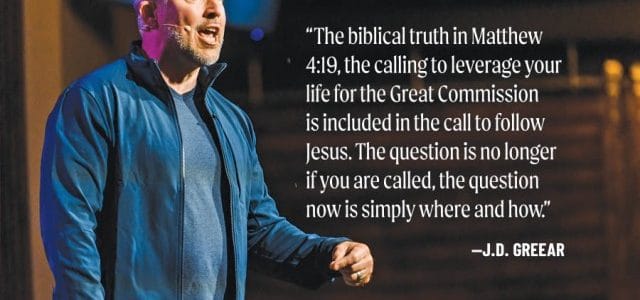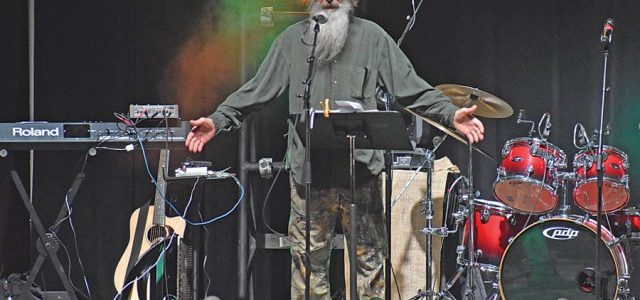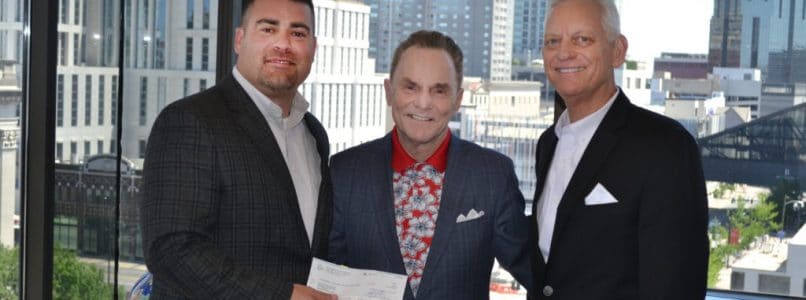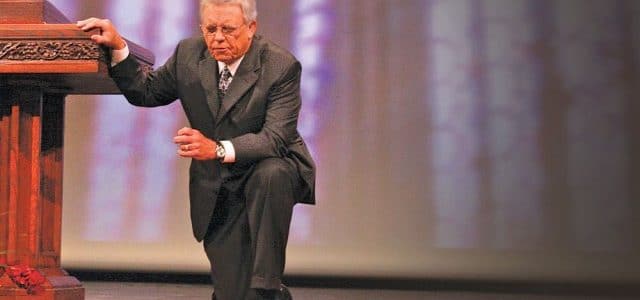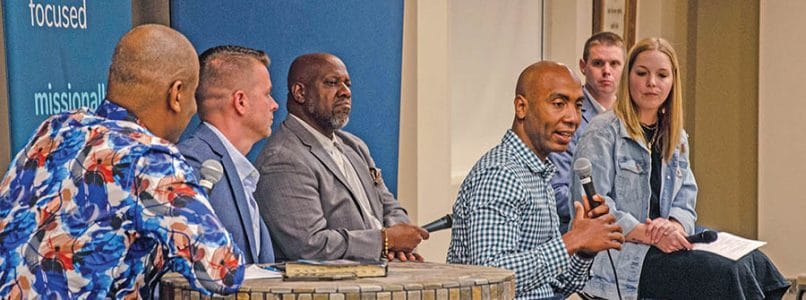AUSTIN Gov. Greg Abbott promised he would sign into law Senate Bill 8, the “Texas Heartbeat Bill,” if it came to his desk. He did just that on May 19, as the 87th Texas Legislature neared its close and the Lone Star State became the latest and largest state to pass a bill of its kind.
The governor’s signing of the bill comes soon after the U.S. Supreme Court agreed to hear a case concerning a Mississippi law that would ban most abortions after 15 weeks.
The Texas House of Representatives had passed its version of the heartbeat bill, HB 8, on May 6, by a margin of 84-68.
The bill, originally proposed by state Sen. Bryan Hughes of Mineola, was submitted to the Texas House by state Rep. Shelby Slawson of Stephenville, the Dallas Morning News reported.
Slawson, whose mother had been advised to have an abortion when expecting Slawson because of developmental issues, explained her own story when presenting the bill to the House. Slawson’s mother delivered a healthy baby who grew up to become a pro-life advocate.
Texas Senate Bill 8 was a top priority for Republican lawmakers, the majority of whom signed on as authors or sponsors of the measure.
The Senate bill bans abortion once a fetal heartbeat is detected, as early as six weeks into a pregnancy. Opponents argue that this is before many women are aware they are pregnant.
Abortion rights advocates have objected to a provision in the bill that allows private citizens to sue abortion providers or anyone else who knowingly “aids or abets” a procedure that violates the ban. The measure includes an exception if the life of the woman is in danger, but not for rape or incest.
Over a dozen states have passed abortion bills of their own. Recent bills have survived court challenges while earlier bills have frequently been struck down or temporarily blocked.
Pro-life advocates believe the Texas bill’s unique language, including its provision for civil action, could help it survive in court.
“Unlike those other states’ bills, this bill gives private actors the exclusive responsibility of enforcing the law through state causes of action,” said Rebecca Parma, senior legislative associate at Texas Right to Life. “And that’s the difference that we hope will help this bill stand where those other bills have been enjoined.” Parma’s comments were reported in the Dallas Morning News.
Abortion providers often sue the state to stop restrictive abortion laws from taking effect. But the Texas Heartbeat Bill is not enforced by a state official.
“It’s a very unique law and it’s a very clever law,” said Josh Blackman, a constitutional law professor at South Texas College of Law Houston, in comments reported by the Texas Tribune. “Planned Parenthood can’t go to court and sue Attorney General [Ken] Paxton like they usually would because he has no role in enforcing the statute. They have to basically sit and wait to be sued.”
The Texas Tribune noted that the bill’s signing “opens a new frontier in the battle over abortion restrictions as first-of-its-kind legal provisions — intended to make the law harder to block — are poised to be tested in the courts.”
Abortion proponents have promised to challenge the new law, which takes effect in September.
Before signing the bill, Abbott said, “Our Creator endowed us with the right to life, and yet millions of children lose their right to life every year because of abortion. In Texas, we work to save those lives, and that’s exactly what the Texas Legislature did this session.”
What it means for churches
Tony Wolfe, associate executive director of the Southern Baptists of Texas Convention, said Abbott’s signing of the heartbeat bill “is a victory the SBTC celebrates as a step in the right direction. We pray for continued measures in the Texas Legislature and gubernatorial office that would uphold the right to life of the preborn.”
“SBTC churches have been steadfast in their conviction that ‘Children, from the moment of conception, are a blessing and heritage from the Lord,’” Wolfe said in a written statement, quoting Article XVIII of the Baptist Faith and Message 2000, the SBC’s statement of faith. “Every preborn baby is worth our tireless efforts to champion and preserve the dignity he or she carries as an image bearer of God.”
Texas Right to Life described enactment of the ban as “a historic step” in the fight to protect life.
For Nathan Loudin, pastor of Austin’s Milwood Baptist Church and chairman of the Texas Ethics and Religious Liberty Committee, the bill is “definitely a big step” in reducing the prevalence of abortion in the state, while noting that abortions had been decreasing anyway in recent years.
From 2006-2010, Texas averaged roughly 80,000 abortions per year, Loudin said. That number steadily declined to under 60,000 before “plateauing” at 55,000 in 2020.
“It’s an important part of the narrative,” he told the TEXAN, explaining that the state is already seeing the effects of fewer abortions. Senate Bill 8 will only “continue the trend” that we are already in.
Loudin said the new abortion restrictions may create the need for more crisis pregnancy centers that need communal support, but this is not all churches can do.
In addition to supporting crisis pregnancy centers by supplying finances and counselors and conducting diaper drives, congregations must “consider how to make the young mothers and fathers welcome in our churches, our homes, our Sunday gatherings,” Loudin said.
“Will they find grace and support from the church itself, rather than just in a parachurch organization?” he asked, noting the need to provide “discipleship, friendship and support for that worried mom, that confused, disoriented dad” who did not expect to be parents.
Loudin called on churches to be “good neighbors” to what may well become a new constituency.
Loudin recommended following the activities of the TERLC and signing up for its newsletter at https://sbtexas.com/ethics-religious-liberty/. The committee also addresses transgender issues, religious liberty and gambling, among other matters of moral consequence, he said.
This article also contains reporting from Baptist Press, the Dallas Morning News and the Texas Tribune.
‘Texas Heartbeat Bill’ anti-abortion measure becomes law
